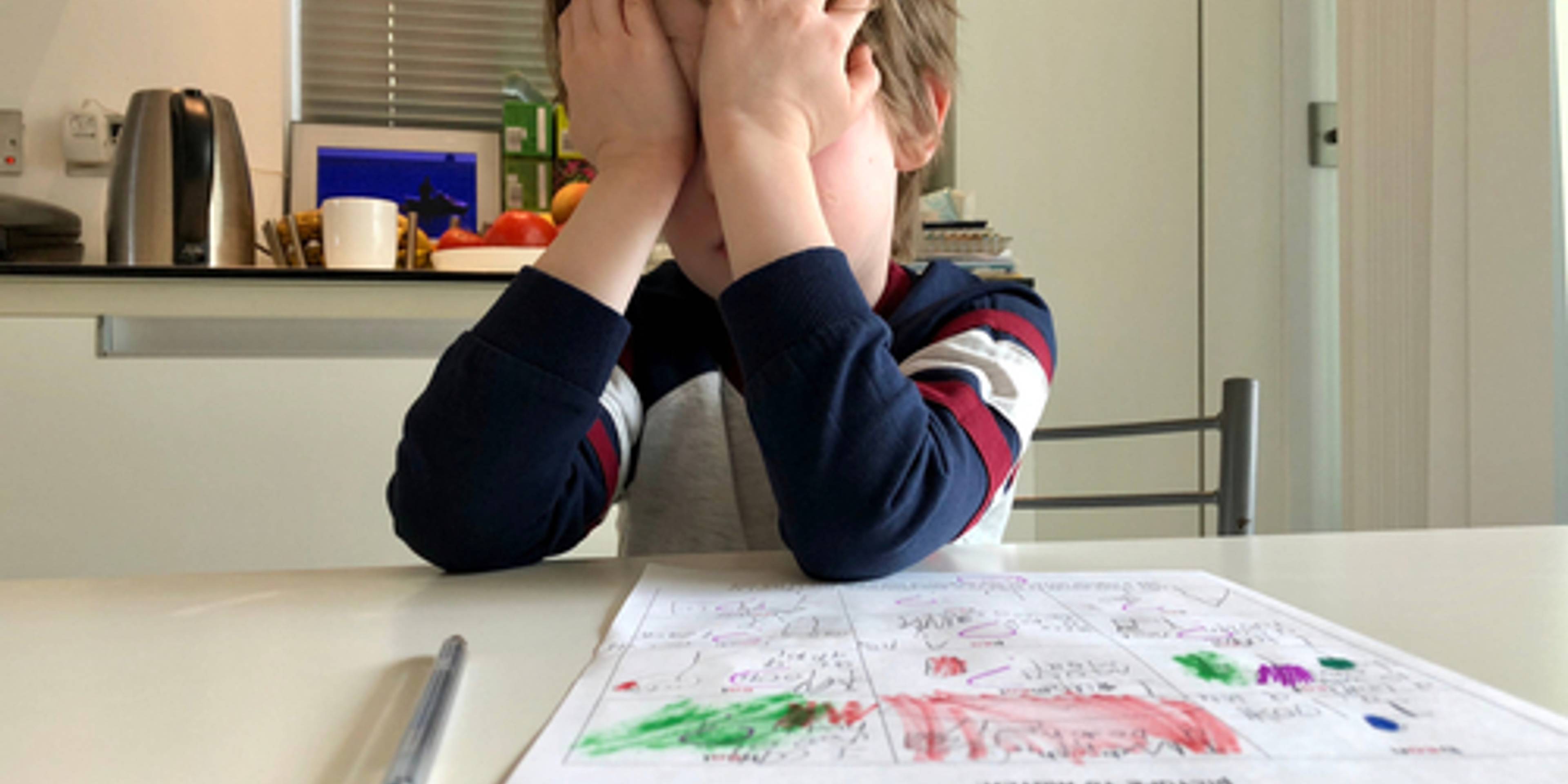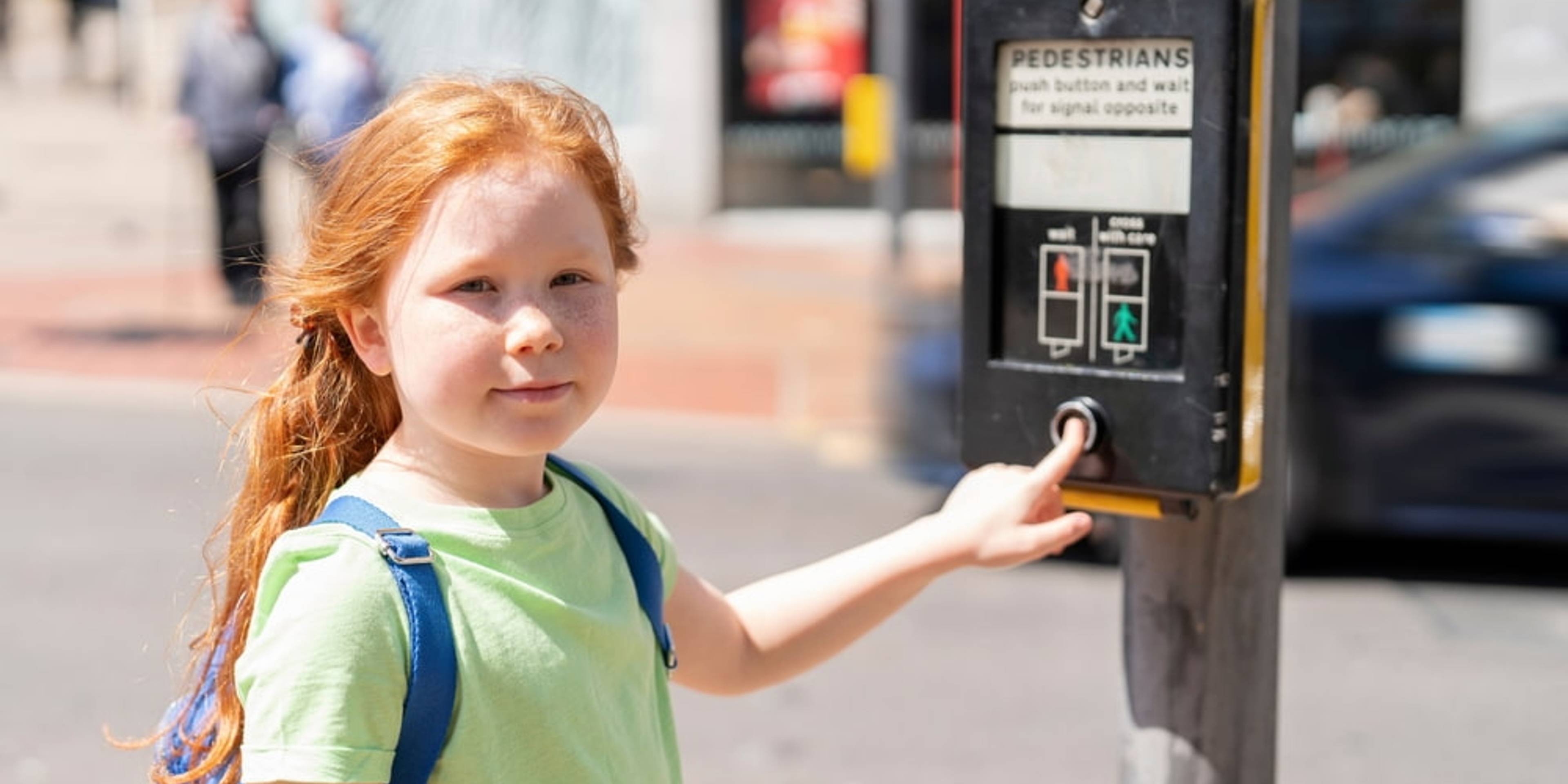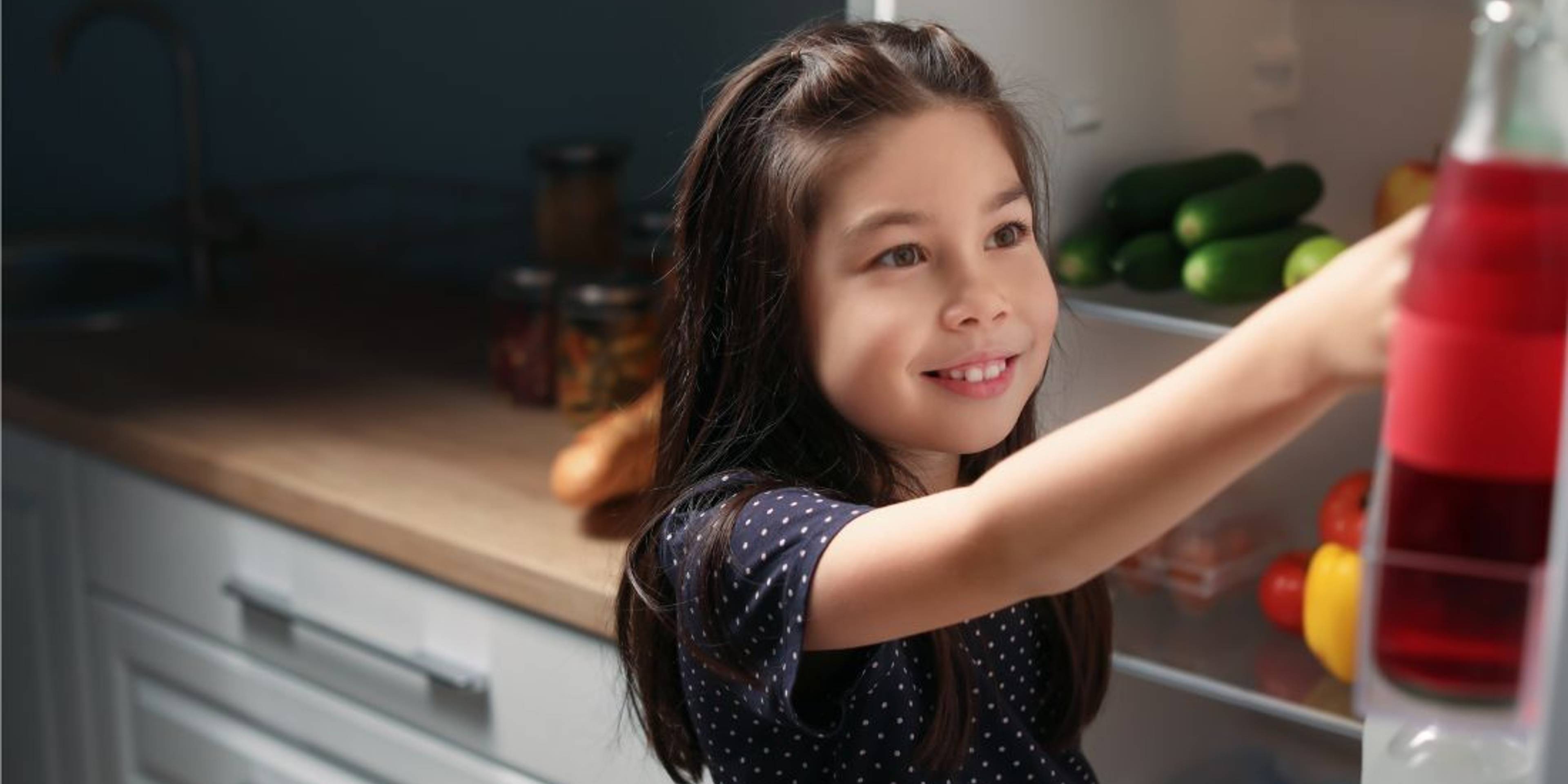September 18, 2025
I have a Year 5 daughter with severe food allergies. She had an incident last summer term where she ingested one of her allergens at school (incorrectly labelled ingredients) and she now has a lot of anxiety around food, and is worried that every tickle in her throat is the beginning of an allergic reaction. What can I do to help her?

Dr Sophie Nesbitt, Consultant Clinical Psychologist and Child and Adolescent Specialist, shares her thoughts.
The experience of the young person in the example above is not uncommon at all. In the first instance there has been an exposure to an allergen and whilst the physical consequence of this was managed in the moment, it represents to the young person that something in the risk management did not go quite to plan. This serves as evidence to the young person that at times, regardless of trying to manage the risk, it can go wrong and creates a fear that it can happen again.
The second issue to consider is the allergic response that if managed effectively can be treated quickly reducing any risk to health. However, this can be a distressing and unpleasant experience for the young person and there will have been an association between certain physical symptoms and behavioural responses. In this example the tickle in the throat has been closely associated with the allergic reaction and, as a result, every tickle creates a physiological response that is experienced as anxiety. This response triggers a thought process suggesting that the young person has ingested an allergen.
At times of fear the experience of anxiety can be intense and this can create a memory that is difficult to erase. In many ways this memory can create a distortion that the event can happen again and sometimes we believe we are identifying the first signs of that as we remember the first signs of it on that day. The young person has made a strong association between the tickle in the throat and the first signs of the allergic reaction and so now whenever the tickle in the throat occurs her brain jumps to the conclusion that it is an allergic reaction. This is the association that needs to be challenged.
In terms of how to explore this with the young person, it may be helpful to:
- Revisit the incident and acknowledge the fear that it may have created. Talking openly about the allergic response and also the fear created by the fact that for some reason on this occasion the risk was not appropriately managed.
- Highlight all the positive steps that were taken to help. At the same time, it feels important to acknowledge that something frightening has happened and when this happens it is very normal to be fearful that this can happen again.
- Do some basic reframing of the event that can help weaken the association. Involve the young person in some simple behavioural experiments to “test out” the association and whether everyone has it. A simple task could be to ask family members when they get a tickly throat what do they think it is and also what they might do to manage it. There will be many answers. This approach challenges the young person’s belief that the tickle in the throat is going to lead to an allergic reaction. As a parent share your own experience of throat tickles and what they represent to you. Talk about this openly and together. This can help normalise the experience.
- Educate them to understand the body’s reaction to worry and allergies. Being able to talk openly about the feelings we have in our body when we feel worried and how this can feel similar to an allergic reaction. The example given is a tickly throat, and it is really important that the young person is able to stay calm as there is more chance the feelings will go away if they know it is not an allergic reaction.
- Deep Breathing – place a hand on your tummy so you can really feel it moving up and down as you inhale or exhale.
- Square/Triangle Breathing - imagine a square or a triangle and breath(e) slowly through each point.
- Grounding Techniques – try to ground yourself in the physical environment – so try to focus on what you can see, hear, how many red things can you see, how many different noises can you hear?
- Mental Distraction – try to say the alphabet backwards, or work backwards through a times table.
All of these techniques can be helpful but they do need practise. As we know, anxiety can impact thinking, so practising beforehand helps young people to draw on these strategies in the moment. Rather like learning your lines in the school play so that when the curtain goes up you don’t get stage fright. Practising before bed, or in the car on the way to school, are good ways to try and fit this into the daily routine.
Final thoughts
If you feel after working through some of the strategies that this isn’t helping it might be worth discussing further with a child psychologist. Sometimes a young person hears support and advice given from a person they don’t know in a different way. Perhaps there are other things that are on the young person’s mind but they don’t want to cause any problems. A therapeutic space might be helpful for them to explore any further or deeper issues.
More Parenting Questions

Sep 15, 2025
Help! My 5-Year-Old son struggles with low self-esteem. What can I do? He has lost his grandparent recently, could that have something to do with it?
It can feel worrying to see a young child struggle with confidence so early in life. Thank you for raising this important question. The good news is that there are many simple, everyday ways you can help to build your son’s sense of self-worth.

Jun 23, 2025
There was an attempted abduction locally. How can I support my child?
It might not feel like it right now, but it’s worth knowing that stranger abductions of children are extremely rare. In the UK, there are around 500–600 reports of child abduction each year, but the vast majority are attempted rather than successful, and many are later reclassified as misunderstandings, rather than genuine abductions.

Jun 17, 2025
My daughter (aged 10) has broken up with a friend. How can I help her?
It is the hardest experience as a parent, watching our children muddle their way through friendships, knock backs, being included then excluded, invited to parties and then kept at bay. We have all been there and it can feel emotionally painful and sad.

Mar 20, 2025
Help! My five year old is wetting the bed at night. What can I do?
You're not alone! Nocturnal enuresis, or bedwetting, is common in young children. We've asked paediatrician, Dr Christine Riyad, for advice.

Mar 17, 2025
My 10 year old is experiencing big emotions. Do you have any advice?
We've asked Dr Sophie Nesbitt, Consultant Child Psychologist, for her top tips.

Feb 12, 2025
Is it ok for my four year old to still use a dummy?
It's completely natural to feel concerned when your child continues using a pacifier or sucking their thumb beyond the toddler years. We've asked paediatrician, Dr Christine Riyad, for advice.

Dec 31, 2024
My son wants to buy his girlfriend an 18th birthday present. Help!
Give yourself a pat on the back as your teen is asking YOU for advice. It is a sign that there is good communication between you, and that he sees you as a source of knowledge! I think his question is a wonderful one. Why? Because it shows he values the relationship, recognises the importance of a milestone birthday and knows that gift-buying is not a simple activity.

Dec 18, 2024
What do we need to consider when thinking about hiring a tutor?
Private tutoring can be a great way to support your child's education, but finding the right person can also feel overwhelming. The tutoring industry is largely unregulated in the UK and so it can be challenging to know where to start or what to look for.

Oct 22, 2024
My 11 year old daughter is always hungry. Should I be concerned?
This is a common concern for many parents. Engaged and attentive parents are generally mindful of their child’s relationship with food. This is not surprising given the shameful narrative surrounding the idea of being overweight or obese, and the association that is often made that this is linked to neglectful parenting.

Jun 03, 2024
How can I best support my son with changes to his class next year?
Firstly, it is normal to worry about changes that lie ahead for our children and to worry about their ability to cope. You aren’t alone. The start of a new academic year is always full of changes to school life. New classrooms perhaps? Timetables? Teachers, pupils, curricula, canteen menus? You sound like you are holding a lot of anticipatory anxiety about the changes that are forthcoming. These changes have likely been explained to you by the school, and perhaps you still feel fearful?